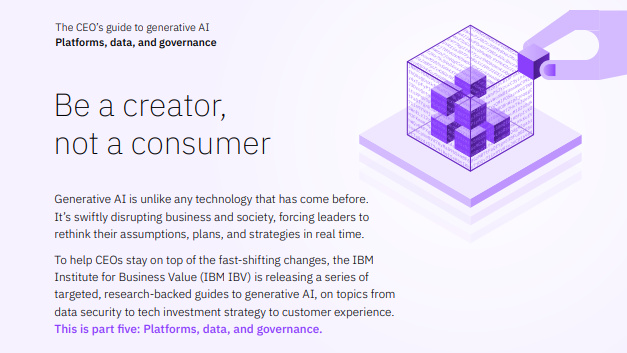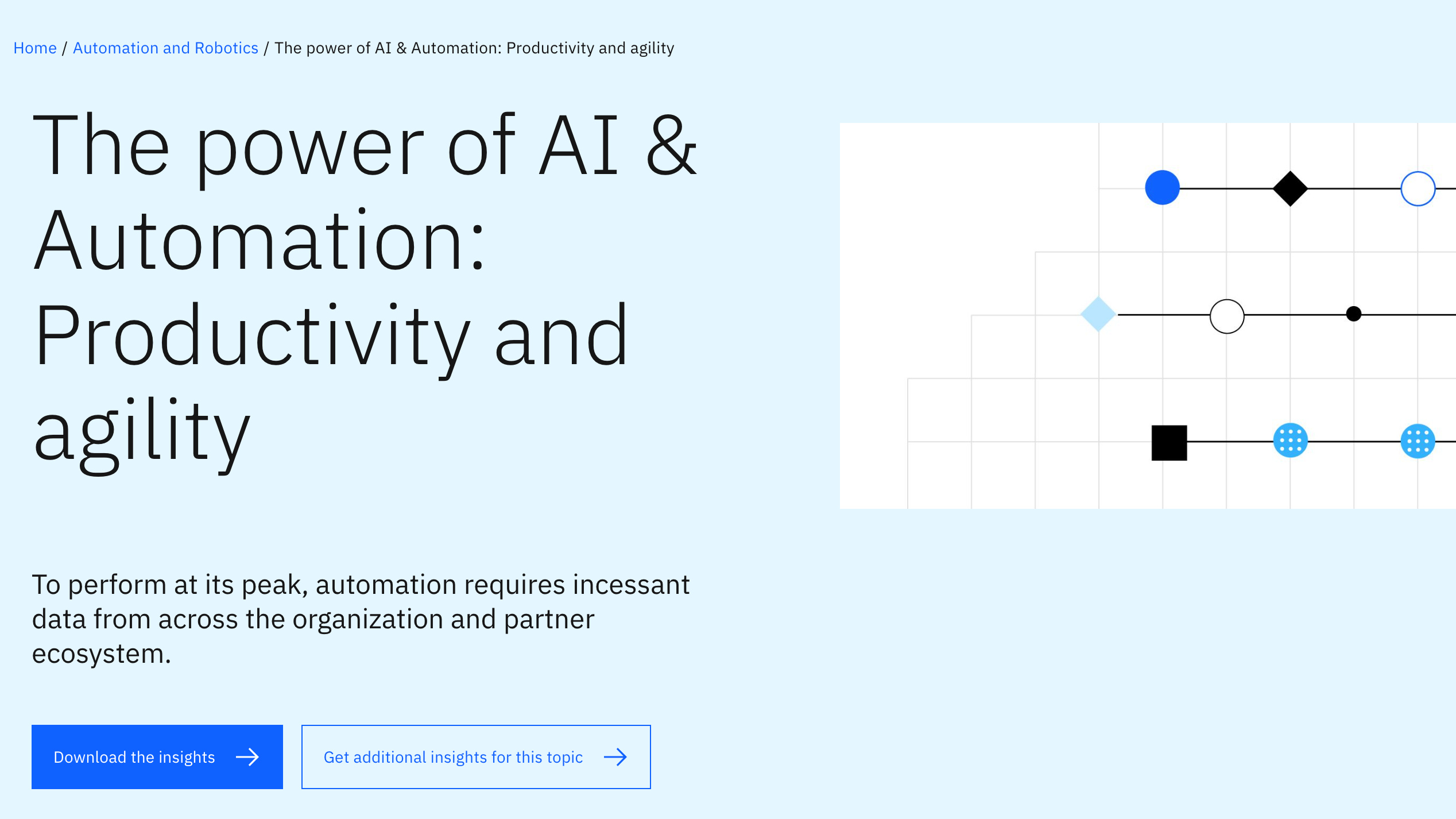Most business data "not good enough"
Businesses rely heavily on inaccurate and poorly managed information, research warns.

An overwhelming majority of European companies are relying on inaccurate business data for their decision making.
In addition, four-fifths of sales and marketing staff, and as many as 83 per cent of IT professionals lack confidence that the information in company databases is accurate and up to date.
The warning comes from research carried out with business executives in Germany, France and the UK by Informatica, the information management vendor.
The research found that companies understood the need for accurate data, and a full 99 per cent of companies surveyed had "clearly defined business objectives for their databases and data management".
But confidence in the data varied widely, according to the seniority of the executives being questioned.
Senior executives were the most likely to believe that their companies' data were accurate. But managers responsible for collecting and storing, or acting on, the data were less confident. Just four per cent of middle managers in sales and marketing felt their companies obtained their data objectives "perfectly".
The research comes as businesses are placing more reliance on accurate data, to reduce costs and to win or retain customers.
Sign up today and you will receive a free copy of our Future Focus 2025 report - the leading guidance on AI, cybersecurity and other IT challenges as per 700+ senior executives
According to Bert Oosterhof, European CTO at Informatica, this is causing companies to struggle. If line of business managers do not trust the central databases, they will create their own data sets using tools such as Excel. This, in turn, leads to a proliferation of data sets and makes it harder for companies to create "one version of the truth", Oosterhof said.
"The problem is one of inaccurate or incomplete data," he said. "In addition, large organisations have various systems, and IT struggles to get that data out of those systems, and into a form the business needs."
IT departments need to do more than apply a technical solution to the problem, Oosterhof suggested. Instead, they need to work with the business to understand how data is used.
-
 Empowering enterprises with AI: Entering the era of choice
Empowering enterprises with AI: Entering the era of choicewhitepaper How High Performance Computing (HPC) is making great ideas greater, bringing out their boundless potential, and driving innovation forward
-
 The CEO's guide to generative AI: Be a creator, not a consumer
The CEO's guide to generative AI: Be a creator, not a consumerWhitepaper Innovate your business model with modern IT architecture, and the principles of trustworthy AI
-
 Learning and operating Presto
Learning and operating Prestowhitepaper Meet your team’s warehouse and lakehouse infrastructure needs
-
 Scale AI workloads: An open data lakehouse approach
Scale AI workloads: An open data lakehouse approachwhitepaper Combine the advantages of data warehouses and data lakes within a new managed cloud service
-
 Managing data for AI and analytics at scale with an Open Data Lakehouse approach
Managing data for AI and analytics at scale with an Open Data Lakehouse approachwhitepaper Discover a fit-for-purpose data store to scale AI workloads
-
 The power of AI & automation: Productivity and agility
The power of AI & automation: Productivity and agilitywhitepaper To perform at its peak, automation requires incessant data from across the organization and partner ecosystem
-
 A guide to help you choose the UPS battery backup for your needs
A guide to help you choose the UPS battery backup for your needsWhitepaper Download this guide and stay connected with a UPS that's free of interruption or disturbance
-
 Managing data for AI and analytics at scale with an open data lakehouse approach: IBM watsonx.data
Managing data for AI and analytics at scale with an open data lakehouse approach: IBM watsonx.datawhitepaper Eliminate information silos that are difficult to integrate

